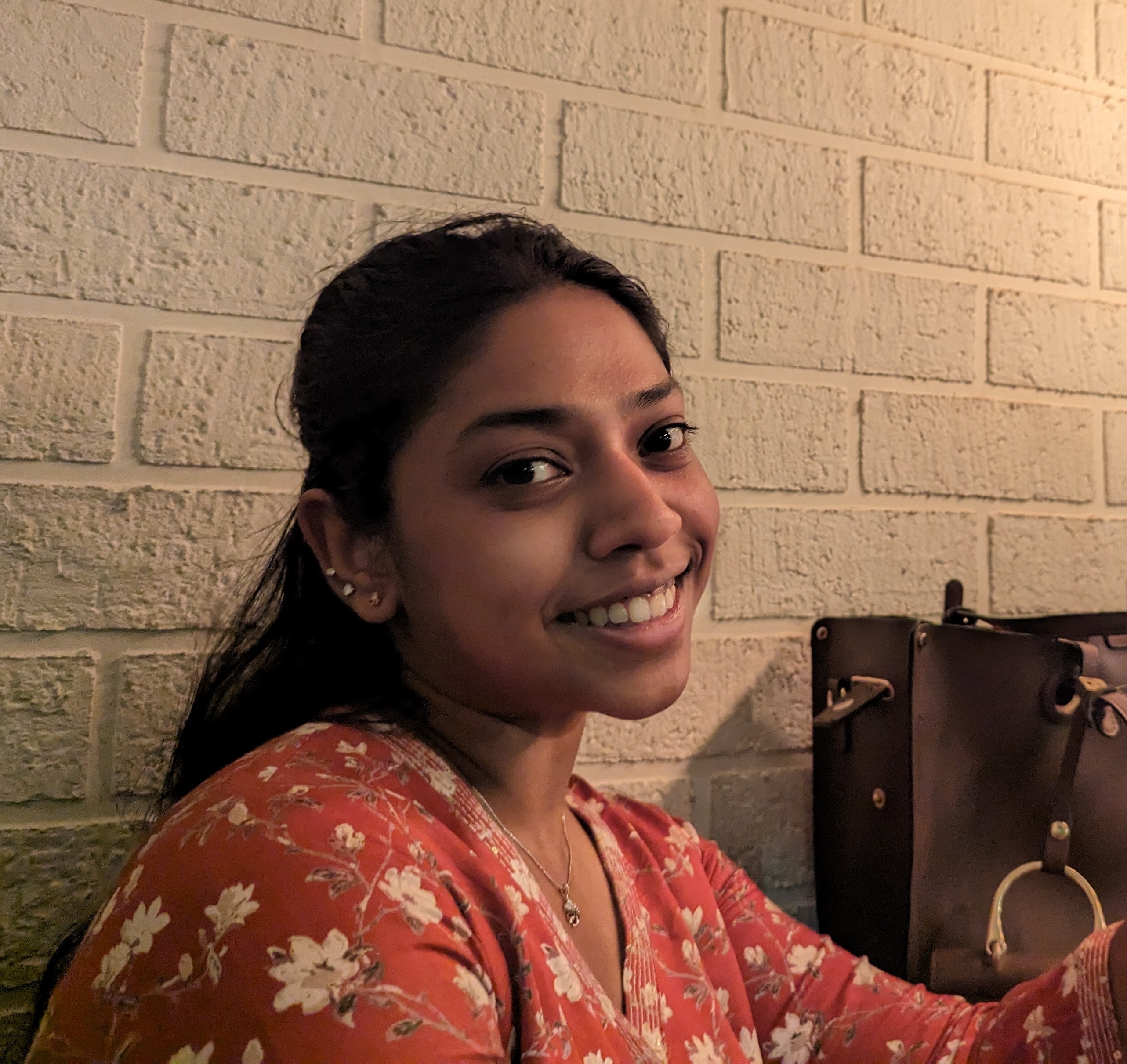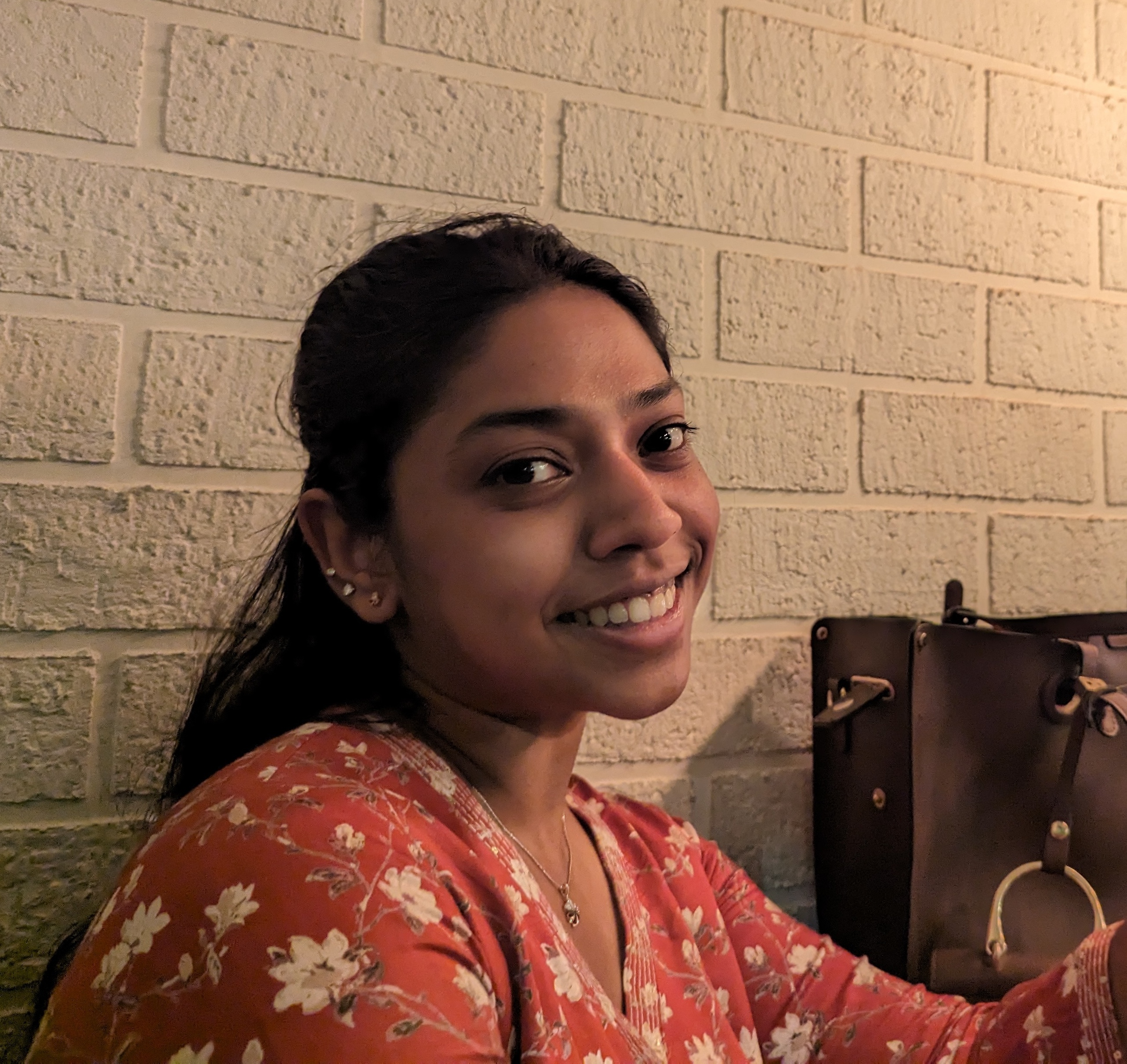Henrietta Lacks
I got to handle HeLa cells during my undergradute, the most controversial human cell line. Ever since then, I’ve been wanting to know the history behind the cells. The immortal life of Henrietta Lacks is by far one of the most powerful, content rich books I’ve ever read in my life. I regret not reading it earlier.
HeLa cells are the first ever human cancer cell line. What makes them so great is their ability to divide indefinitely outside the human body. They came form the cervical cancer of a person named Henrietta Lacks. HeLa cells were vital in so many important discoveries such as polio vaccine, telomerase, HPV linked to cervical cancer few of many. The book is not just about her and her family, its about how the scientific society functions as a whole. The book talks about eugenics, the world war, Tuskegee study, slavery of black people and how clinicians took laws in their hands to decide what is best and what is not for a certain group of people.
The main controversy in Henrietta’s cells were that they were harvested within labs and distributed worldwide without proper consent and usage of her cells. None of her family members were aware of the intesity of this due to their poorly educated background. And doctors involved were not explicit about the situation. Several years after Henrietta’s death researchers tested her family members for DNA, all without consent or any prior information. All her family was told is that these cells would help their family in some way if they grew to have cancer. The popularity of HeLa cells grew massive to the scale where there were HeLa factories. Which made millions and millions of dollars. Her family had no clue and they did not get any compensation through the usage of her cells neither were they given the right to know about the cells.
The HeLa case blew up big by having serious ethical concerns. It led to the initiation of something called as “informed consent”, patient rights over their cells or body tissues and bioethics in medical research. The book talks about how for decades, illegal research has been conducted on patients, pneumoencephalography on mentally disabled children in asylum, illegal injection of cancer cells into people to study the progress of cancer, studying the progress of syphyllis in people by of offering food and shelter to people (Tuskegee study of untreated syphillis in Negro men) and leaving them untreated. These are only a few among many others.
HeLa cells revolutionized the medical field however, it was extremely unfortunate what happened to her family, they struggled a great deal through these cells. The whole medical community knew the Lacks’ family but, no one came forward to help them. The family struggled for upto 3 generations with poor health insurance, medical treatments, severe debt while the whole medical community made millions through research and discoveries.
Having worked in the medical field myself, I understand the importance of consent. It is extremely important to explain each aspect of medical treatment to patients, who come to hospitals with trust, believing they are in safe hands. It is forbidden to exploit that trust, regardless of any justification like “benefit to society” or “saving other people’s lives.
The book deeply affected me and I was lost in thought for days. Because these things still continue to happen maybe not with the same intensity, but they do happen. It made me reflect on how events like this can tear through a family, affecting them for generations.

